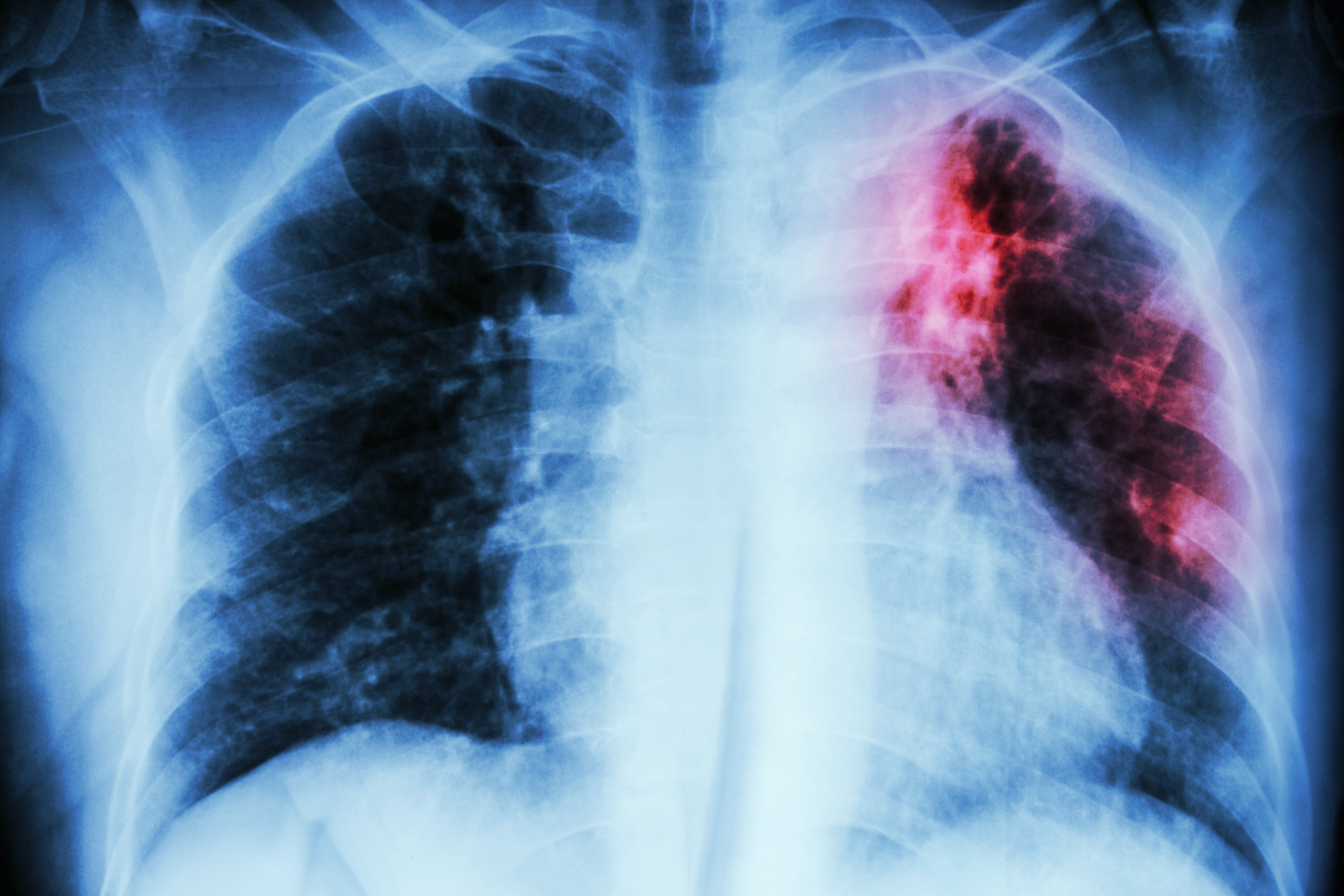UK lung disease deaths ‘being caused by low pay and damp housing’
More than 1.3 million people in the UK suffer from COPD

Your support helps us to tell the story
From reproductive rights to climate change to Big Tech, The Independent is on the ground when the story is developing. Whether it's investigating the financials of Elon Musk's pro-Trump PAC or producing our latest documentary, 'The A Word', which shines a light on the American women fighting for reproductive rights, we know how important it is to parse out the facts from the messaging.
At such a critical moment in US history, we need reporters on the ground. Your donation allows us to keep sending journalists to speak to both sides of the story.
The Independent is trusted by Americans across the entire political spectrum. And unlike many other quality news outlets, we choose not to lock Americans out of our reporting and analysis with paywalls. We believe quality journalism should be available to everyone, paid for by those who can afford it.
Your support makes all the difference.Poorer people in the UK are more likely to die from chronic obstructive pulmonary disease (COPD) because of low income and poor housing quality, researchers have found.
In a survey of almost 6,000 people suffering with the lung disease, they found that a patient’s socioeconomic background significantly influenced their chances of survival.
The chronic condition affects more than 1.3 million people in the UK, but it is believed that many more have the condition without knowing. Symptoms of COPD include breathlessness, continuous cough which is chesty (produces phlegm), and wheezing.
A survey by Asthma + Lung UK has now found that more than 75 per cent of COPD patients report not receiving basic care during 2020/2021.
Out of around 4,000 who suffer two or more acute attacks a year, 55 per cent earned less than £20,000 a year and 13 per cent lived in a cold, damp house.
The research published in the BMJ Open Respiratory Research expands on earlier studies which found that poorer people are five times more likely to die with COPD than wealthier patients.
The report says: “It is well established that austerity policies, which have reduced both social and healthcare support, have had significant impact on the most vulnerable in society, in particular people living with long-term health conditions.”

It adds that poorer people are “almost twice as likely” to be in the “frequent exacerbator group”.
Professor Nick Hopkinson, medical director of Asthma + Lung UK, told The Guardian: “One of the impacts of inequality is that it affects some of the most vulnerable people in society and it increases the risk of dying from lung disease.
“COPD is one of the biggest health problems in the UK and one of the biggest causes of hospital admissions so failure to deal with this is causing big problems for the health and social care system.”
An important link between smoking and COPD was also found, which the team said highlights the urgency to deliver the government’s smokefree2030 ambition.
The researchers recommend that a mulitagency approach at both national and local levels is needed to reduce structural inequalties and treat the causes of COPD.



Join our commenting forum
Join thought-provoking conversations, follow other Independent readers and see their replies
Comments